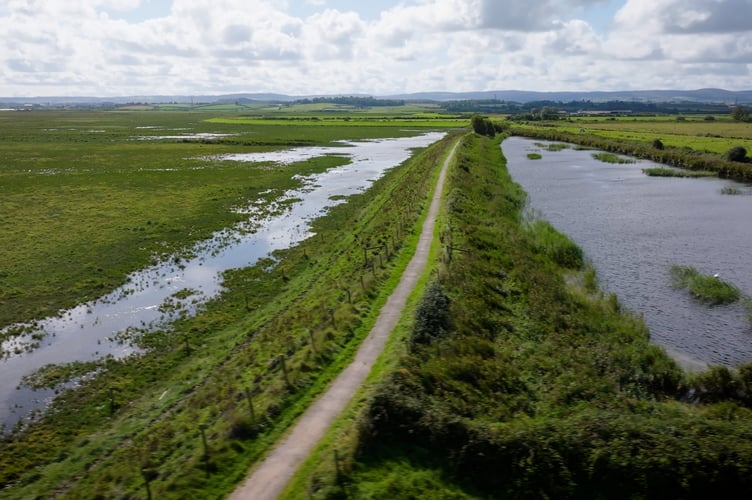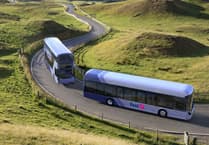PLANS to create a huge new wetland in West Somerset have been labelled by MP Ian Liddell-Grainger as ‘a huge waste of money’.
Mr Liddell-Grainger said there was no guarantee that the project near the mouth of the River Parrett would deliver any wildlife benefits.
But he said it would mean the loss of nearly 1,000 acres of highly-productive farmland.
Hinkley Point C constructor EDF wants to undertake the scheme as mitigation for the absence of sonar devices to scare fish away from the nuclear power station’s cooling water intakes in the Bristol Channel.
EDF said it had changed its mind on plans to install acoustic fish deterrents (AFDs) because it feared the sound waves could have a deleterious effect of their own, both on aquatic life and on divers carrying out maintenance.
Now, the insistence on the creation instead of a new wetland has infuriated Mr Liddell-Grainger.
He said: “We have been through all this before when £30 million was spent on a so-called wildlife haven at Steart, just across the estuary.
“Everybody was reassured it would soon be teeming with birdlife.
“But, obviously somebody forgot to tell the birds, because it has been a dismal failure.
“Now, they are insisting on another £40 million being spent on the Pawlett scheme with nobody in a position to say whether it will benefit wildlife or not.
“In order to pursue this rewilding, tenant farmers are going to lose their holdings and the country is going to lose the output from 1,000 acres of highly-productive land which has been farmed for centuries.
“At a time when we desperately need to step up domestic food production this is a total nonsense.
“The only outcome is that we shall now have a matching pair of white elephants either side of the Parrett mouth.”
A Hinkley C spokesperson said using natural and proven ways to improve the environment was better than creating 60 years of noise pollution from an untried system of AFDs offshore in the fast-flowing waters of the Severn Estuary.
The new wetlands would help fish by providing breeding grounds and provide food and shelter for birds and animals as well as filtering and cleaning water, preventing floods, and locking away carbon.




